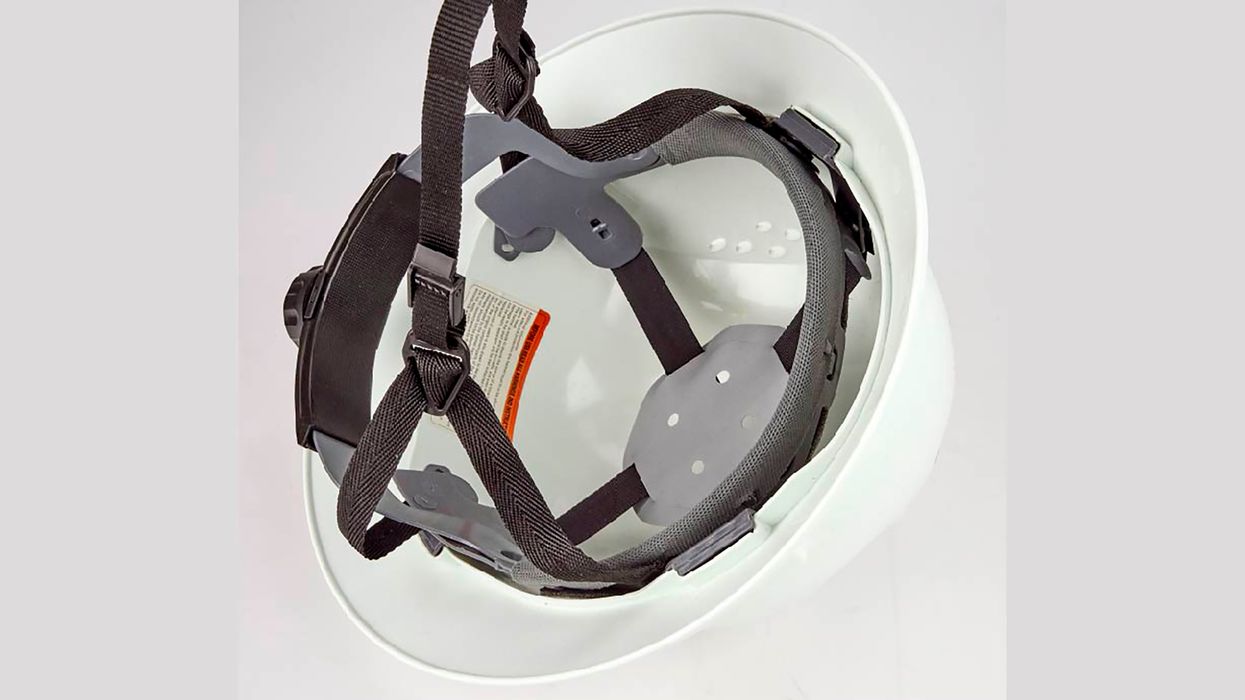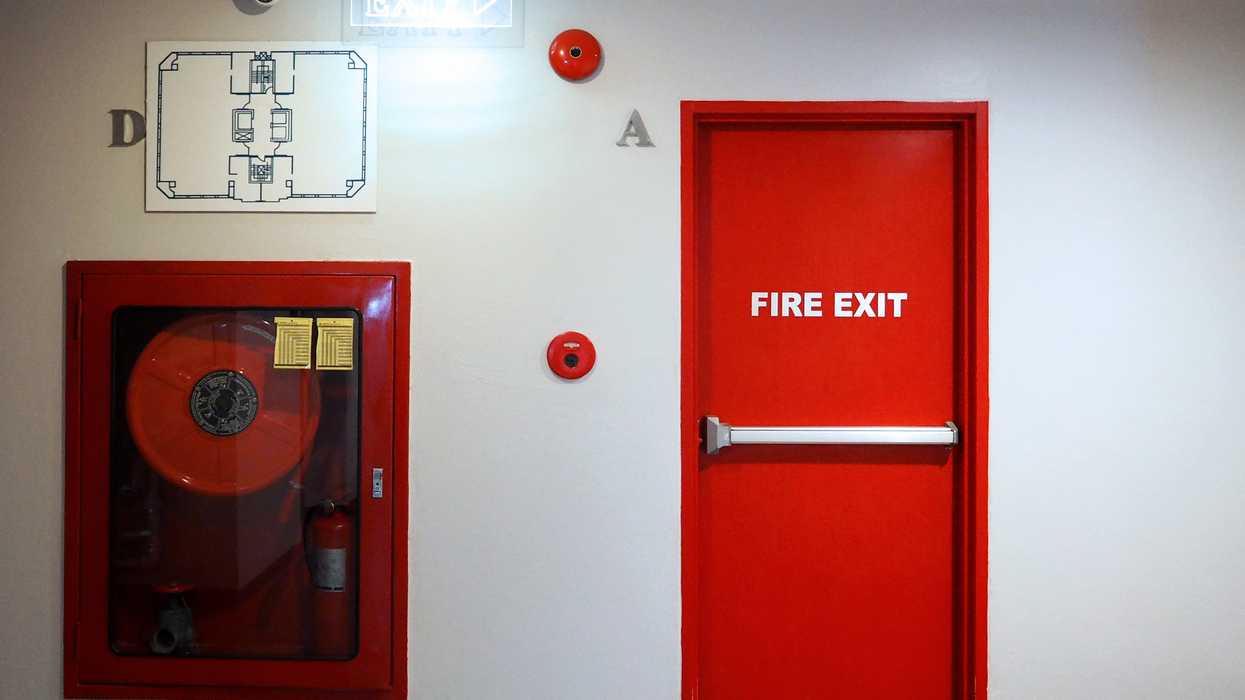Sun, sand, and the FMLA
The Family and Medical Leave Act (FMLA) rules are as numerous as grains of sand on a beach. OK, perhaps, that’s an exaggeration. Employees on FMLA leave, however, might be recuperating on a sunny beach, and that’s OK. Here’s why.
Case in point
Mary, a school district child nutrition director, took FMLA leave for a health condition that involved surgery. Her leave began on April 19 and was scheduled to end in early July.
While on FMLA leave, Mary went to Jamaica with her husband and son, in part to chaperone her son on a school trip. Her doctor cleared the trip if Mary did not lift anything over five pounds, exert herself, or get water on her wound.
After the trip, around May 24, Mary tried to return to work early as she and her doctor believed that she had recovered enough to perform her job. When she got to work, she was asked to meet with Darron, the district superintendent. At the meeting, Darron allegedly yelled at Mary saying that she was under investigation. Darron gave Mary the opportunity to tell him about the Jamaica trip without actually mentioning it, but she did not. Darron did not say why she was under investigation.
Mary assumed the meeting was about her FMLA leave, but Darron simply said “you know what you’ve done” while never actually specifying any particular behavior. He asked only if she wanted to talk about why she was off work.
Around June 23, Darron fired Mary for violating the FMLA, arguing that he believed that “if you can go to Jamaica, you can return to work.”
Mary sued, but not under the FMLA. She sued for race discrimination. The case, however, lends itself to a learning opportunity about the FMLA.
What employers can learn
The lesson: It might be acceptable for employees on FMLA leave to travel to exotic or other places.
Generally, whether an employee has an FMLA serious health condition is indicated in a certification. An employee (like Mary) might, however, be unable to perform her job duties, but still be able to perform other activities, such as sitting on a beach.
In the case, Mary’s doctor cleared her for the trip to Jamaica, even though she was unable to perform her job’s functions because of her condition.
Employees might even work a second job while taking FMLA leave from a primary employer. The first job could require certain activities, while the second does not. Therefore, unless the employer has an overall policy restricting moonlighting, employees may work the second job.
Burnett v. East Tallahatchie School District et al., Northern District of Mississippi, No. 3:23cv183, January 11, 2024.
Key to remember: Don’t assume that, just because an employee is on FMLA leave for their own condition, that the employee is unable to engage in other activities.
























































